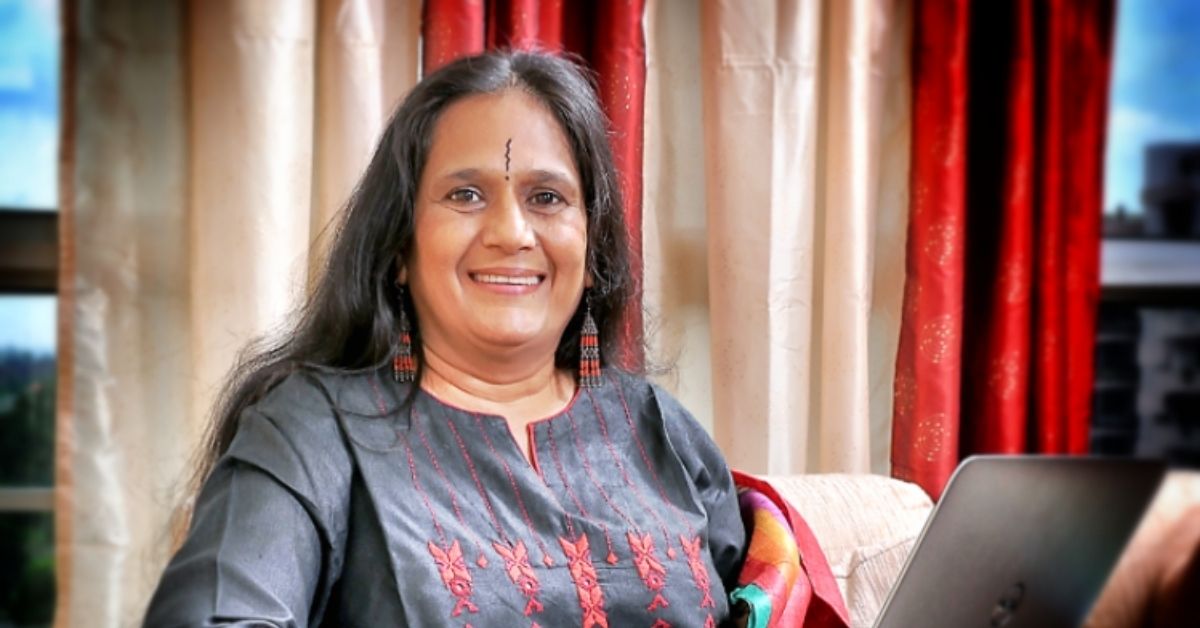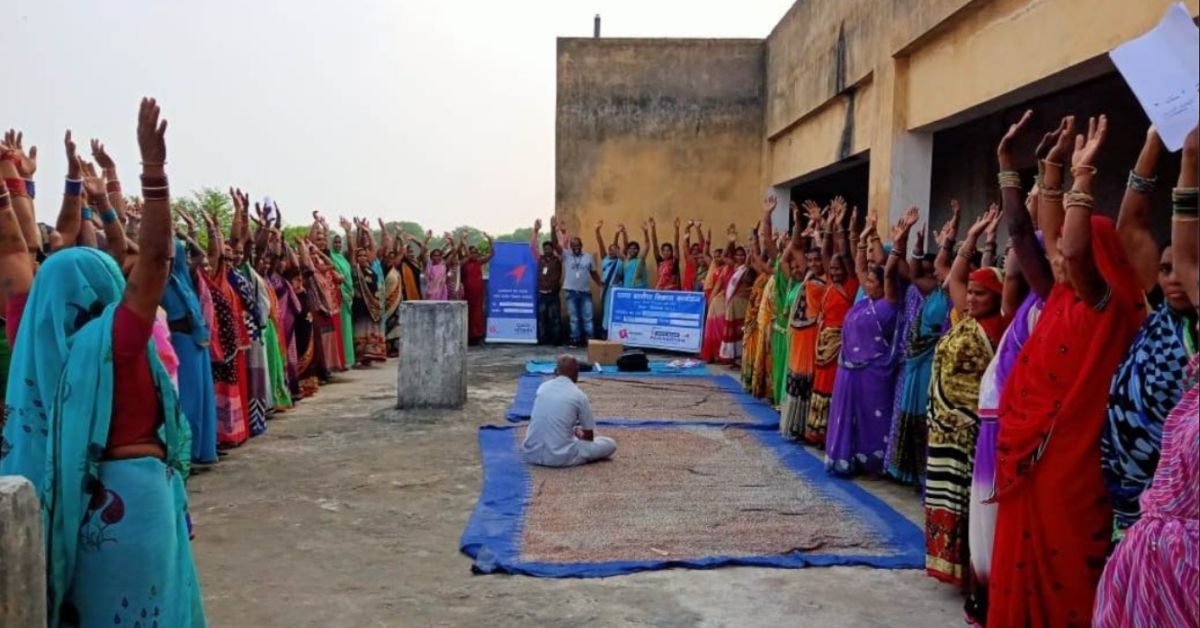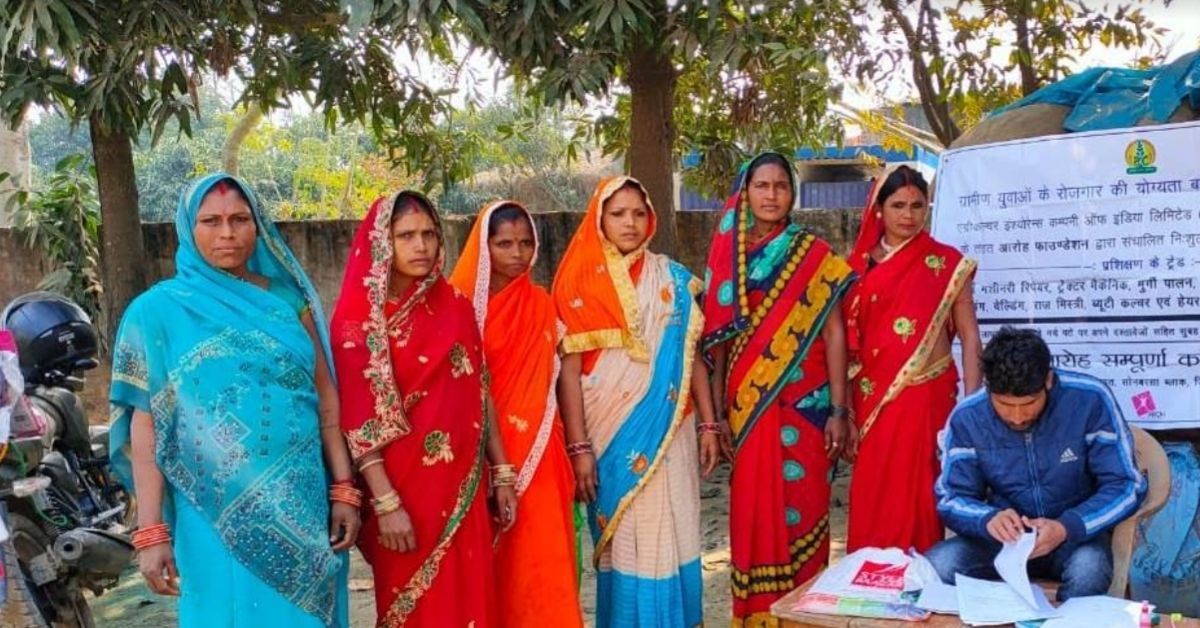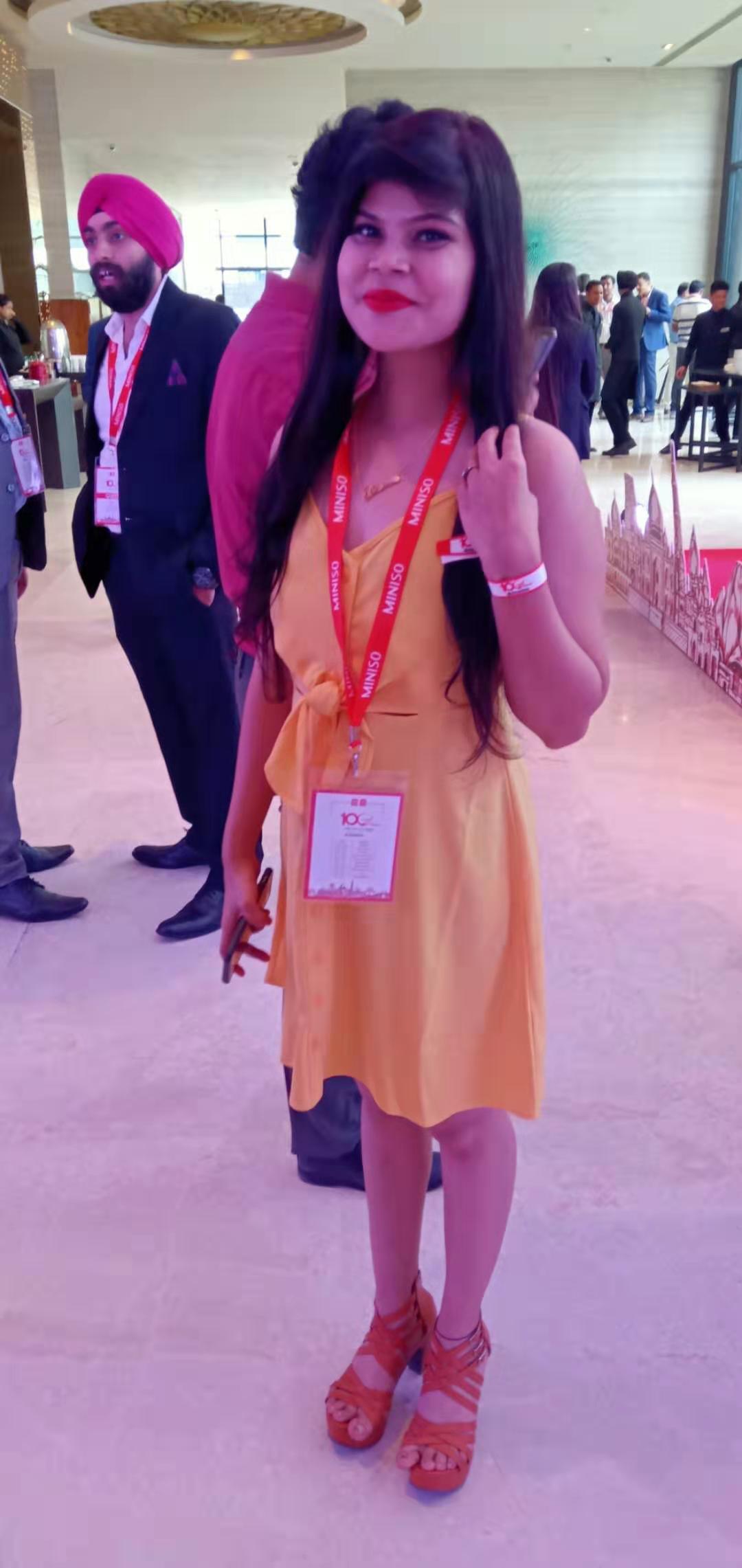For many living in the heart of Koraput district in Odisha, every day is a fight for survival. Rupali Sharma, a 25-year-old from the district’s Damanjodi village, says, “My hometown is a traditional village, with an organic lifestyle, and limited urban facilities. But the Naxalite movement had made it hard for us to survive.”
Rupali says there were many unsaid rules in her village, including restricted movement after dark. “Facilities such as electricity, communication, and education were intentionally barred, due to the fear that villagers would demand their rights if they knew they had them,” she recalls in a conversation with The Better India.
For women, the situation is even more precarious, she says. “Rape, violence and harassment were rife there. Education was a far-fetched dream. My parents were so scared whenever I would go to school or college, and this fear was financial, social and psychological. We had no mobiles, and there was no way for us to stay connected when I was away from home.”
Koraput district, like many other regions in the state, has seen the waxing and waning of the Naxalite movement over the years. It falls under the KBK (Kalahandi-Balangir-Koraput) region, which is regarded as among the most backward regions of the country. While the implementation of several special programmes has seen a few changes over the years, abject poverty remains a major concern here.
For those belonging to the region who dream of something more, the intervention of AROH (A Ray Of Hope) Foundation has made a big difference. The organisation was founded in 2001 by Dr Neelam Gupta and has been working for over two decades in several fields, including education, health, water and sanitation, and holistic rural development. It has a presence in over 18 states and has uplifted lakhs with its socio-economic development projects over the years.
In Naxal-affected areas of Odisha, Jharkhand and Bihar, AROH has worked with over 2,000 youths, including Rupali, to provide them with jobs, education, and more. But this has been no easy feat, says Dr Gupta.
“From 2 pm to 5 am, no movement is safe here,” Dr Gupta explains. “When AROH decided to venture into these territories to work with the youth, my family — my parents and husband — were very against the decision. There were major safety concerns and a threat to life. But someone had to be the one to start work there. We have to mainstream the youth from these areas, rehabilitate them, and change their mindset.”

The turning point
For Dr Gupta, AROH is the fulfilment of a dream she saw when she was just a child.
“I was on my way to school on a cold December morning when I saw a little girl on the roadside, shivering in the cold,” she tells The Better India. “She was dressed in only a thin, torn cotton shirt, and I gave her my woollen sweater to stay warm. The next day, I met the same girl, shivering once again, sans the sweater I gave her. When I asked about the sweater, she told me that her father took it away to sell it for some money, because they had nothing to eat.”
This incident was the first to wake Dr Gupta up to work for a bigger cause. But the seed was yet to germinate.
After finishing her graduation from Delhi University, she joined the Indian Agriculture University for her PhD. After this, she hoped to set up her NGO. “But if entrepreneurship is difficult, social entrepreneurship is even more of a challenge. My parents asked me to drop the ‘stupid idea’, take up a job, and get married. They thought it was absurd that I would think of ‘charity’ when we could barely survive with my father’s meagre salary,” she recalls.
Dr Gupta would have to wait a few years before her dreams could take flight. For almost a decade, she ran a printing and publishing business, which gave her good financial standing. “After I got married, I took up many turnkey projects with the government, which gave me a good understanding of gender, poverty, inequality and the like,” she explains. “It was a fruitful experience, and facilitates much of AROH’s functioning today.”
As a new millennium began, Dr Gupta readied herself to embark upon the journey she had always dreamt of. AROH began with skill development and education projects in partnership with the government. Over the years, this has expanded to cover socio-economic surveys and research work, monitoring and evaluation studies, skill training and capacity building, social reforms, advocacy and mass mobilisation, formal and remedial education, water and natural resource management, health and sanitation, women empowerment, livelihood generation, and more.

Taking one example of their work, Dr Gupta explains, “When we started, there was no RTE (Right to Education, or Right of Children to Free and Compulsory Education Act, 2009). There was a big gap in enrollment. Beyond that, there were gaps in learning, and the outcomes were poor. A Class 10 student would not be able to write the name of a colour. So we developed projects around ‘core concepts’. We would take a common concept and weave it through different subjects. So say the child learns about water in Hindi. Then we would take water to teach them fractions in Math. Or, how to decipher if the water is clean, or dirty, in Environment Science. It was a module I developed myself, and it helped thousands of students eventually.”
AROH also runs RISE (Remedial Innovation in School Education), called Padho aur Badho, a programme that has worked with over 50,000 children from slum areas to educate them using a child-oriented model, with community teachers and a focus on extracurricular activities. Their project Garima works to create vocational opportunities in traditional crafts for disadvantaged women. Under their programme Sampoorna, they work to bring infrastructural development in 50 villages in Bihar, Jharkhand, Madhya Pradesh, Maharashtra and Uttar Pradesh.
In ‘red corridor’ areas, AROH has provided skill training, livelihood, health and wellbeing, education, sanitation, and awareness. Under the government’s Deen Dayal Upadhyaya Grameen Kaushalya Yojana (DDU-GKY), the NGO provides placement-linked training, as well as training in soft skills, spoken English, and basic computers. This training is free, and also includes free uniforms, course material, lodging and boarding, reimbursements, salary top-ups, and more.
They work in Kandhamal, Rayagada, Naupada, Gajapati and Koraput districts in Odisha; Girdi, Dhanbad and Bokaro districts in Jharkhand; and Gaya district in Bihar.
“These areas are run by a ‘parallel government’,” she says. “People are terrified to enter the villages. We’ve been told by the groups, ‘If you enter this area, you won’t return alive. You have no business here.’ But I told my people to sit with them and explain to them that our work was not against them. If they are working for the people, so are we. We want to work for their livelihood and benefit.”
It took a bit of cajoling, but with patient persistence, AROH’s team was allowed to work in these areas. “We were given strict instructions to refrain from exploiting their environment, or mistreat anyone,” she says.
There have been instances where Dr Gupta has received calls that threaten her against sending her team to work in villages. For this, police protection is often requested, and work has carried on unhindered.
Of the 2,000 youths AROH has helped from these areas, around 40% are women, Dr Gupta says.
“It’s very inspiring to see the women that we have worked with, and how they’ve gone on to do great things in their fields. They weren’t even allowed to step out of their houses at one time, but now that they have, they have only found success,” Dr Gupta notes.

Breaking barriers, flying high
She adds, “I remember we once worked with a girl who was named ‘Nirasha’ (hopelessness) by her parents, who did not want a girl child. She was a very bright girl, but her potential was never realised because she wasn’t allowed to step out. We gave her months of training, and she eventually found a job. Today, she’s a celebrity in her village. So many girls have been inspired by her dedication to becoming financially independent as well.”
Rupali, too, was trained under DDU-GKY, and says she has never looked back since. “Women have to often accommodate quietly when they’re denied their basic rights. So I knew that I didn’t want to remain stuck in Damanjodi. AROH, my parents, and I have all worked in tandem so I could become independent and successful,” she says.
Rupali works at a Japanese retail store and earns around Rs 18,000 per month. She has also been honoured by the Ministry of Rural Development with the title of ‘Star Performer of DDU-GKY’ at the scheme’s Alumni Conclave. “I remain in constant touch with the AROH team, and support them with mobilisation and counselling so that many Rupalis can break barriers and fly high,” Rupali says.

“Such stories inspire us to go on,” Dr Gupta notes.
In 2019, AROH received the Best NGO Award by the Global Compact India Network for carrying out work in all 17 social development goals.
Meanwhile, Dr Gupta says that the incident in her childhood taught her that giving is not enough. “It’s a noble deed, but inequality and imbalance will remain until they’re rooted out.”
On her journey, she says, “As a married woman with children, embarking upon the journey to start AROH was difficult. It’s often thought that social enterprise has no future. My career took a backseat for a while after I got married. My family was sceptical about the scope and future of the NGO. But today, we’re scaling new heights.”
Edited by Yoshita Rao
No comments:
Post a Comment